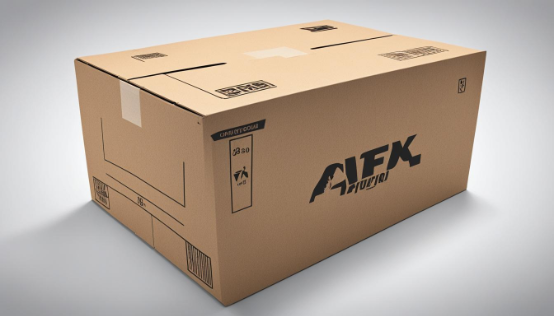How to Get a Licence to be a Forex Broker
Recent advancements in the forex brokerage industry allow small businesses and individual investors to launch international online forex services. Low entry hurdles aside, there are still strict legal requirements that must be met in order to operate as a licensed forex broker. This includes understanding the various regulatory regimes and licence types. So, let’s begin by pointing out licensing types:
Overview of Forex Broker License Types
Depending on the nation, forex broker licences differ in terms of operational reach and access level:
- Category A: Located in the USA and Switzerland, this highly esteemed forex trading licence grants full access to the main FX markets in exchange for a minimum of $20 million in trading capital.
- Category B: Known for improving partnerships and liquidity, this category is more accessible, requiring capital between $100,000 and $1 million, and it is available in Australia and the UK.
- Category C: Provides a more straightforward route with no particular operating requirements, making it perfect for smaller brokers who concentrate on local markets to obtain legitimacy without incurring expensive fees.
- Category D: The least complicated, with the least amount of cash and compliance requirements, enabling a speedy beginning; nonetheless, authorities perceive it as less thorough.
All licence categories are designed to accommodate various brokerage sizes and objectives, ranging from entering the market right away to attaining a wide range of operations and recognition across borders.
What You Need to Know About Licensing
Forex brokerage firms provide digital platforms for international foreign exchange as well as a range of trading alternatives, such as margin and social trading, to a diversified clientele that includes central banks.
Brokers are essential to maintaining the stability and liquidity of the financial markets, which has an impact on a variety of industries, including manufacturing and online commerce. They can specialise in particular services or offer comprehensive solutions.
Obtaining a forex broker licence is essential for operating lawfully, building industry confidence, protecting against financial fraud, and establishing the validity of a business. This certification promotes trusting client relationships, increases transparency, and makes funding opportunities and international transactions easier.
As a result, licenced brokers with domestic and offshore offices are better positioned for international business ventures, collaborations, and market growth.
Simplified Guide to Obtaining a Forex Broker License
A number of procedures must be followed in order to obtain a licence as a forex broker. First, pick the appropriate jurisdiction by learning about its unique regulatory environment, as this is essential to guaranteeing adherence.
Next, create a thorough business strategy that includes operational, marketing, and financial projections details. Smaller firms may need to acquire more investments, and it is frequently necessary to demonstrate sufficient capital.
The process of registering a business can range in complexity from simple to requiring extensive operational and financial documentation depending on the jurisdiction.
When you’re ready, submit your application for a forex broker licence together with the necessary paperwork. Approval dates differ, and more comprehensive licences can need for background checks and a closer look at your business plan.
Sustaining the licence requires compliance with continuing legal requirements and audit preparedness because failure to do so may result in licence revocation, which may be irreversible.
Final Remarks
A forex broker licence is required in order to function on the international scene, obtain access to liquidity, form significant partnerships, and obtain a competitive edge in the market.
Such a licence takes a lot of time, money, and effort to obtain. Successful forex agencies, however, have taken deliberate steps to align their operations with legal and market criteria; this emphasises how important it is to select the right licencing type for your business’s objectives.

